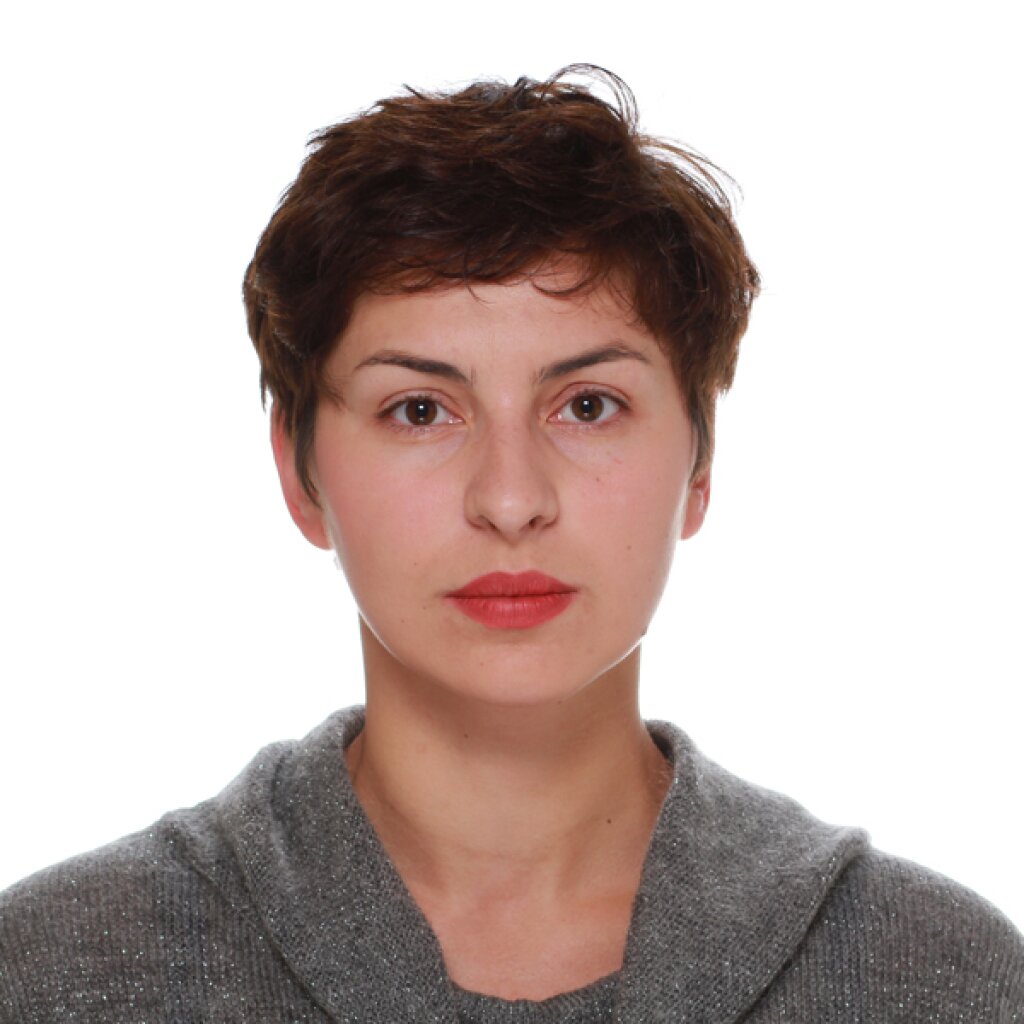Please join us for another lecture in the Ukrainian Energy Studies series! The Russian invasion of Ukraine in 2022 has confirmed not only the centrality of energy to the war, but also the importance of Ukraine to global energy policy, with its far-reaching economic, environmental, and cultural consequences. This interdisciplinary series, co-organized by the Jordan Center for the Advanced Study of Russia at NYU and the East European, Russian, Caucasian, and Central Asian Faculty Network at the University of Colorado Boulder, will explore the concept of energy as a shaping force in Ukrainian cultural and political history; the aesthetics of particular energy sources (fossil fuels, nuclear energy, renewables) in Ukrainian literature, film, and other media; the Russia-Ukraine energy nexus; Ukrainian energy markets; and environmental effects of energy production, consumption, and catastrophe.
In several Ukrainian regions industrial revolution started in the second half of the 19th century, both within the Russian Empire (Donbass) and the Austro-Hungarian Empire (Galicia). With the establishment of Soviet power in most of the territory of modern Ukraine, a steady course towards the socialist industrialization of the country began, which unfolded in full swing by the end of the 1920s. The construction of a new socialist society involved modernization of all spheres of public life, including literature and art. Professor Babak's presentation will address the issue of how the process of Soviet modernization and industrialization (electrification, coal, and oil industries) was represented in literature of that time.
This event will take place virtually on Zoom.
Galina Babak received her PhD in Slavic literatures at Charles University (Prague) with her doctoral project titled “Reception of Russian Formalism in Ukrainian culture in interwar period.” In 2020 – 2021, she was a Pontica Magna Research Fellow at the New Europe College (Bucharest, Romania). In 2022, she was a Gerda Henkel-Research Fellow at Center for Advanced Study Sofia (Bulgaria). Her research is primarily within the area of intellectual history and history of science with a focus on literary theory and comparative literatures, mainly Ukrainian and Russian. The research interest is directed towards the project of “Soviet modernization” of the 1920s – beginning of the 1930s in Ukraine, as well as towards political and cultural history of the 20th century. She is an author of the monograph (in co-authorship with Alexander Dmitriev) Atlantis of Soviet National Modernism: the Formal Method in Ukraine in the 1920s – the beginning of the 1930s (Novoe literaturnoe obozrenie, 2021). Currently she is a Research Fellow at Free University Berlin, “Temporal Communities - Doing Literature in a Global Perspective, EXC 2020”.



